This is because it conducts heat better than aluminum. Also, copper has a very high melting point, and it is less reactive compared to aluminum. All this indicates that copper heat sinks will spread heat better effectively, withstand high temperatures and take a longer time to corrode respectively.. Copper will always outperform aluminum in heat transfer functions. Aluminum is often a better choice for heat sinks because it is cheaper, lighter, and more resistant to corrosion. So it might be possible that after a period of time aluminum heat sinks could out preform a shitty corroded copper heat sink.
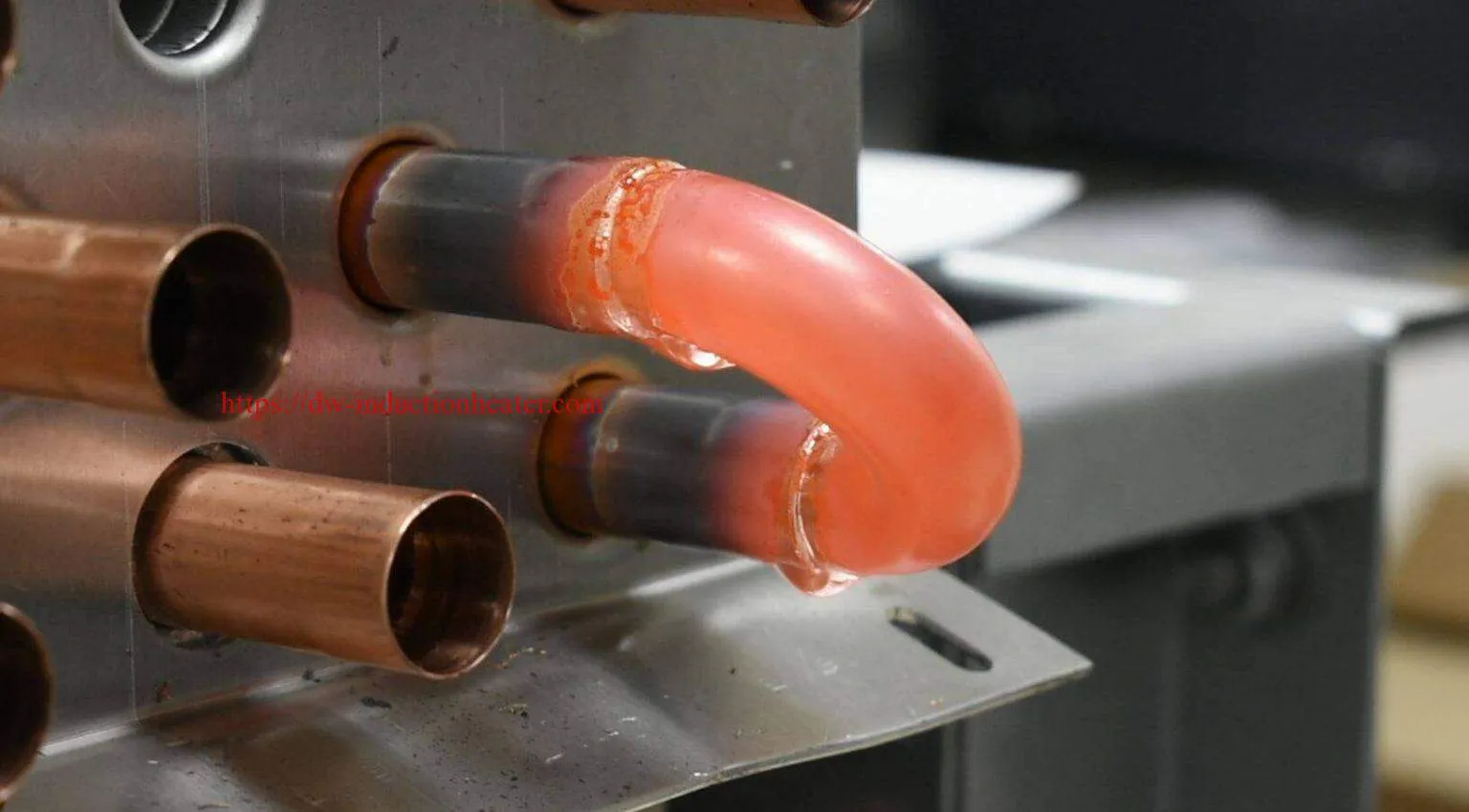
induction brazing automotive copper heating exchanger pipes
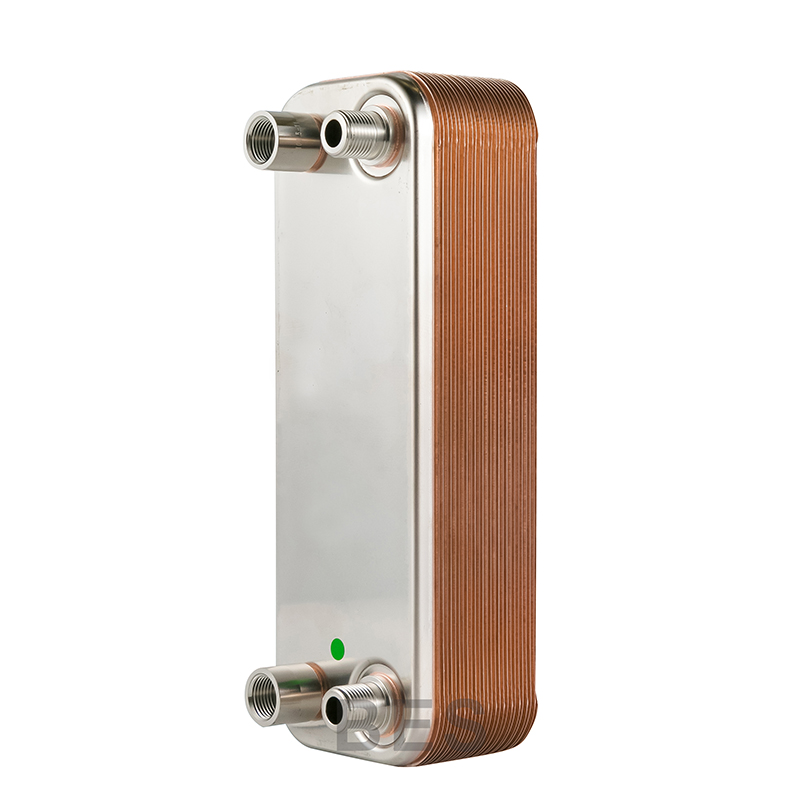
BL26 Copper Brazed Plate Heat Exchanger BES HEAT EXCHANGER
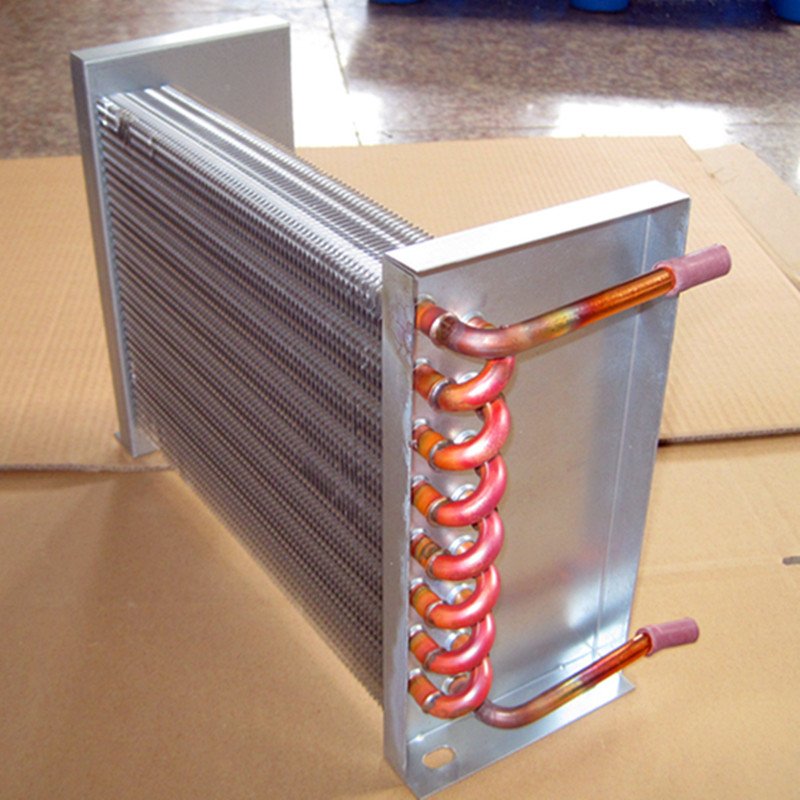
Commercial aluminium and Copper Heat Exchanger coil For Cold Storage Buy Heat Exchanger

aluminium vs commercial heat exchanger For fridge Buy aluminium heat exchanger, heat exchanger
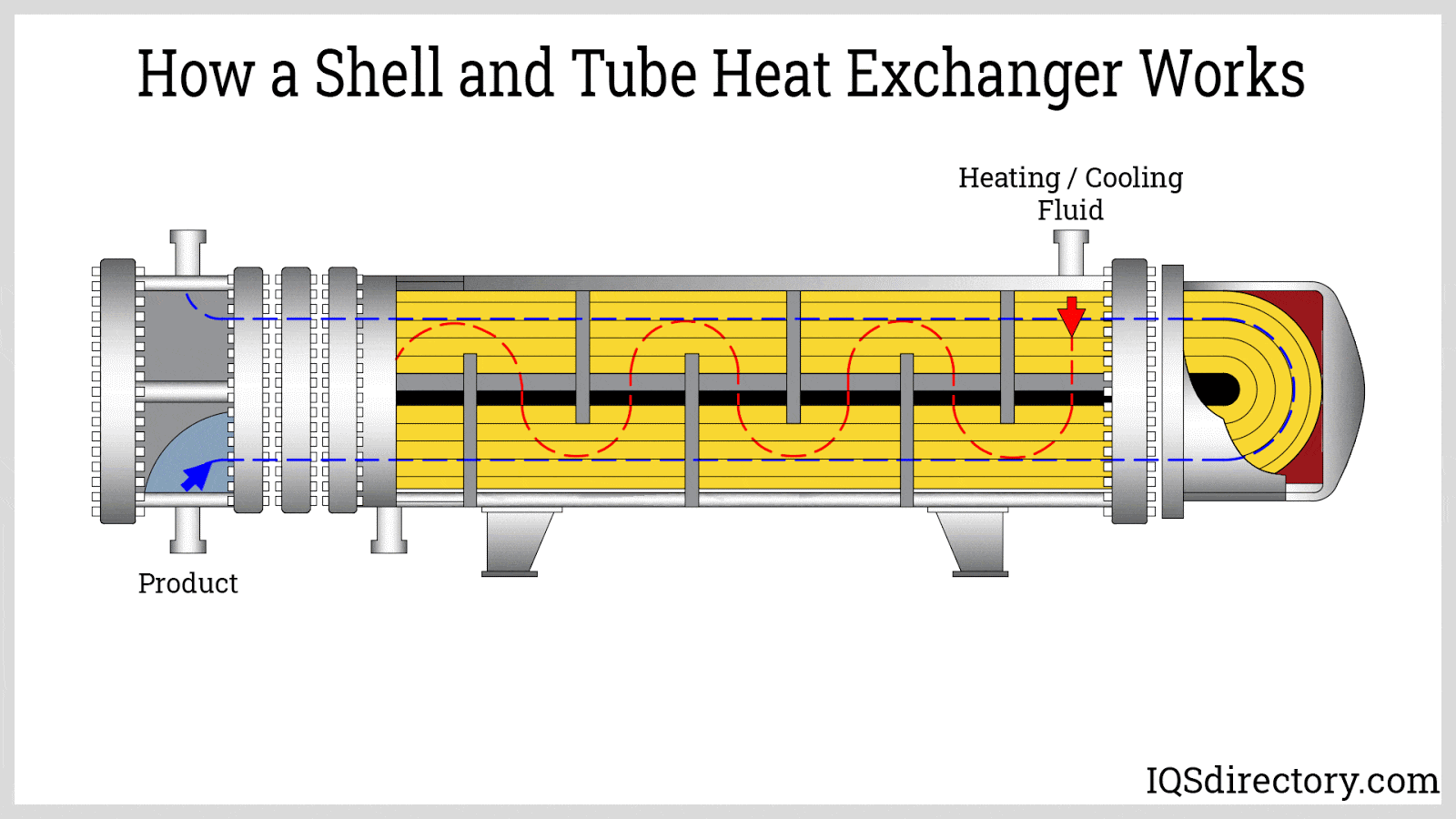
Shell and Tube Heat Exchanger What Is It? Types, Process

Copper Condenser vs Aluminium Condenser Which One To Choose?
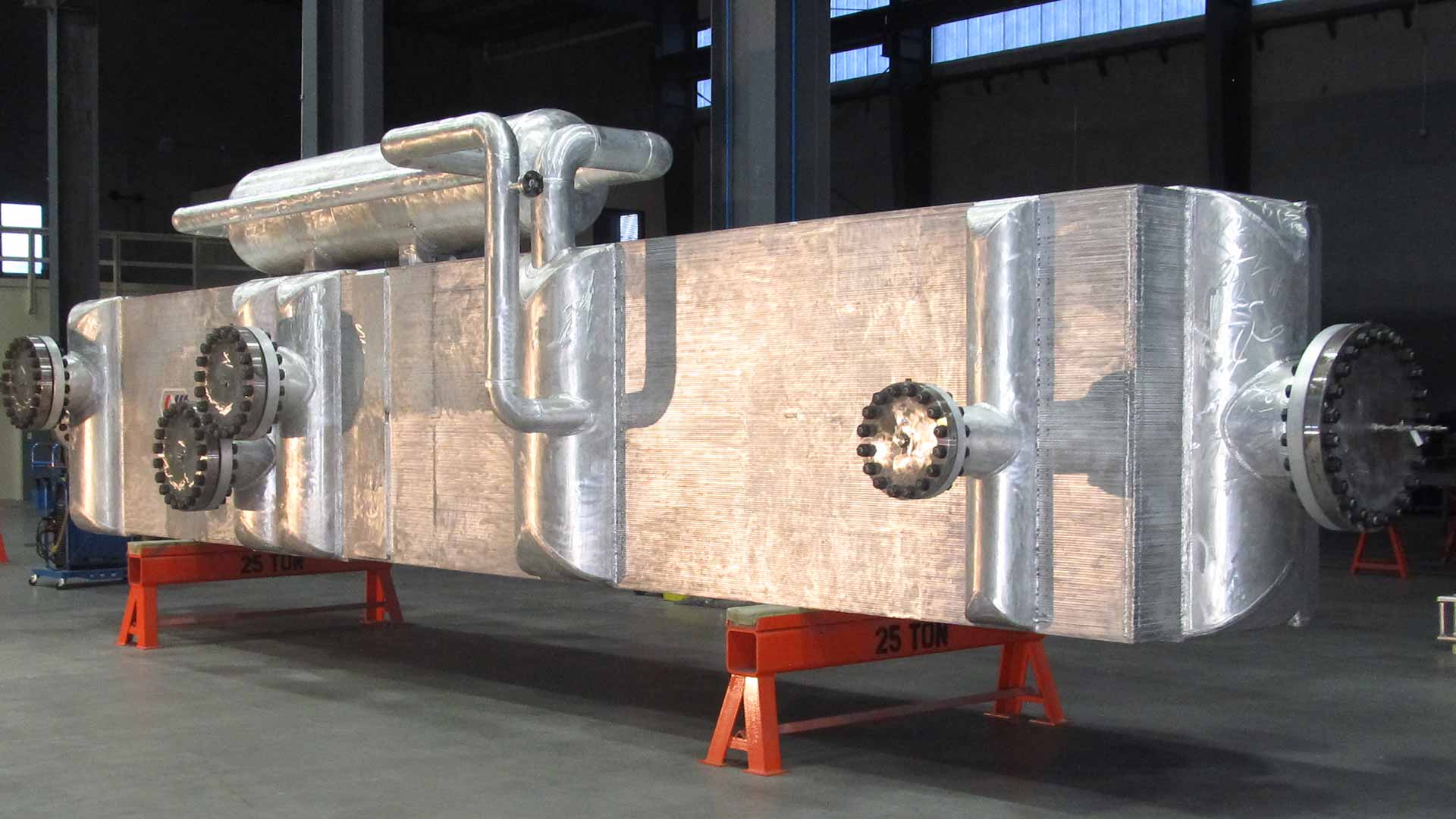
CryoCore Brazed Aluminum Heat Exchangers CoreWorks USA

Aluminum Fin Type Copper Evaporator/Heat Exchanger for Heating Furnace China Copper Heat
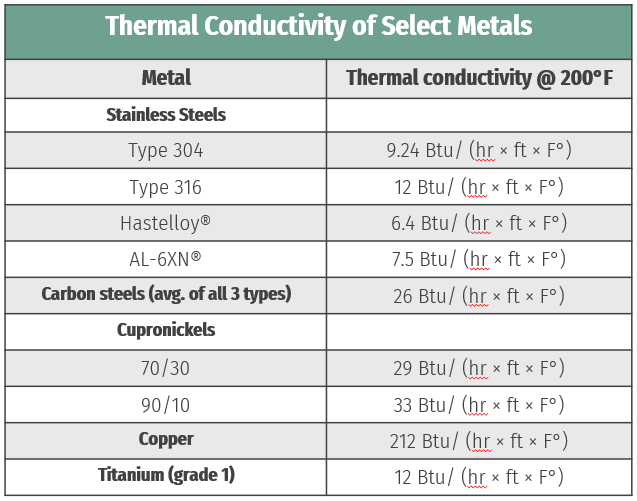
Alternatives to Copper & Aluminum for Heat Exchangers The Super Blog

copper corrugated tube, corrugated copper tube with aluminum fin for heat exchangers. Heat
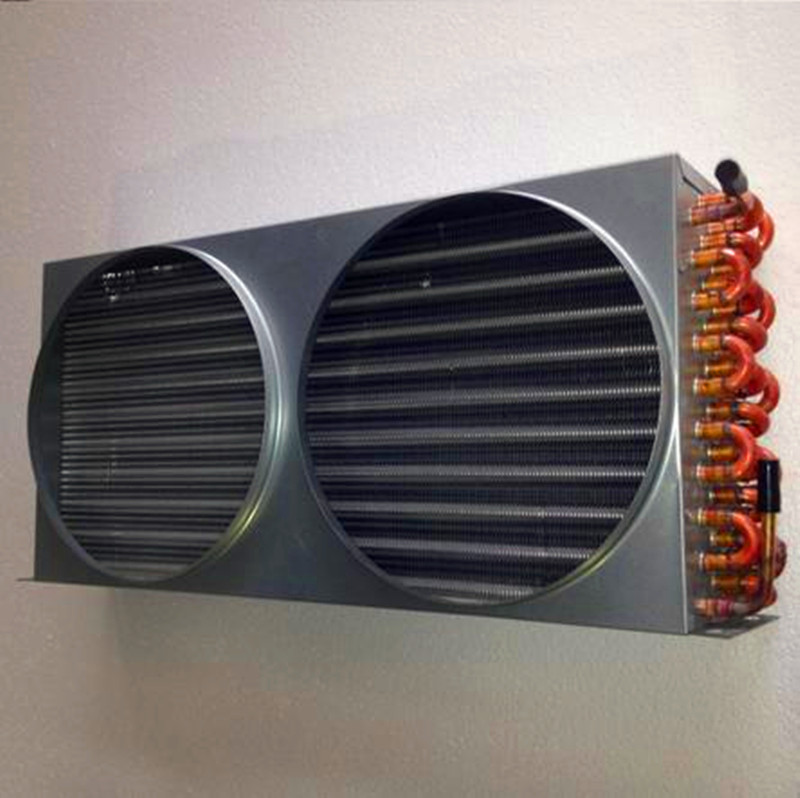
Commercial aluminium vs Copper Heat Exchanger coil For Cold Storage Buy Heat Exchanger, copper
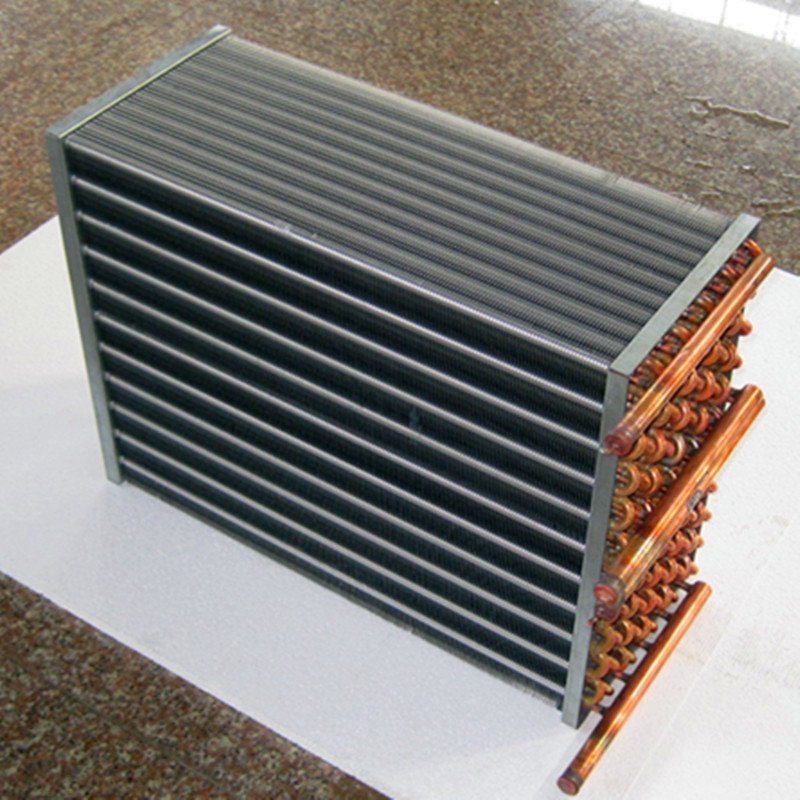
Commercial aluminium vs Copper Heat Exchanger coil For Cold Storage Buy Heat Exchanger, copper

High Quality Copper Tube Aluminum Fin Type Condenser China Heat Exchanger and Copper Tube Heat

China High Quality Cheap Copper Tube Aluminium Finned Evaporator Coil China Heat Exchanger
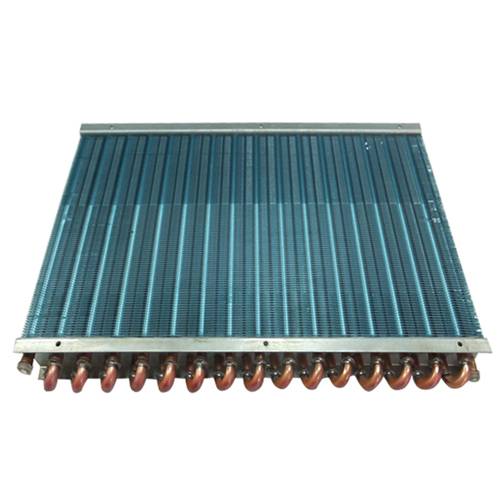
Copper tube aluminum fin heat exchanger
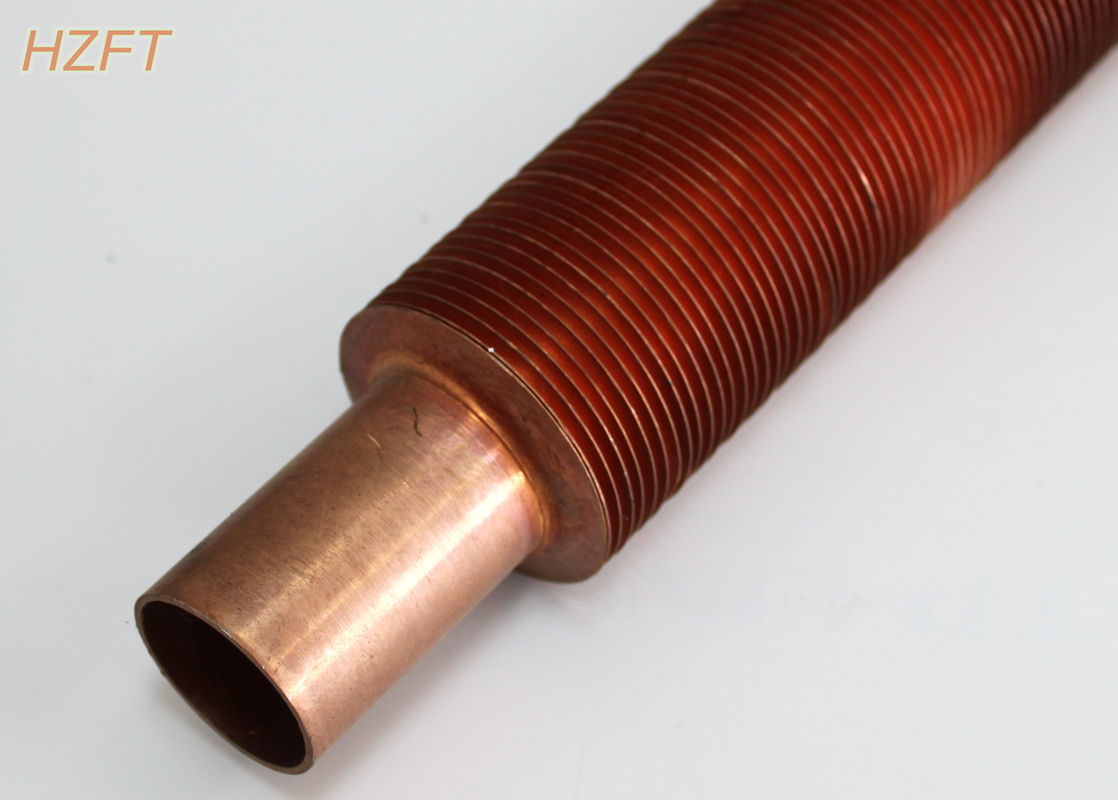
Hot Water Tanks Copper Finned Tube / Aluminium Finned Tubes for Heat Exchanger
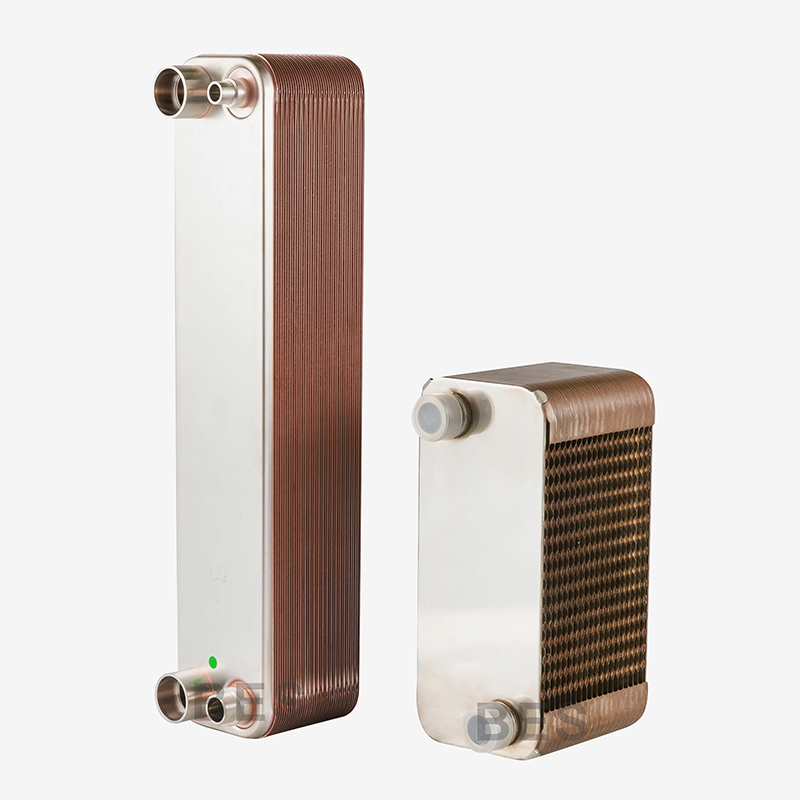
BL50 Copper Brazed Plate Heat Exchanger BES

Copper vs. Aluminum Heatsinks What You Need to Know

Copper vs Aluminium What's the Difference
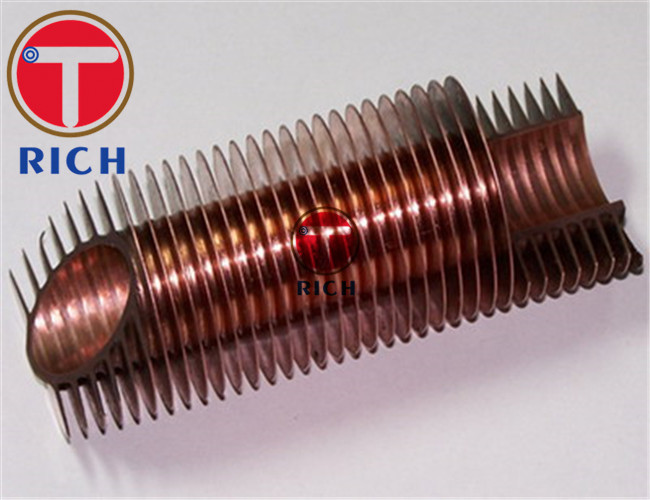
Aluminium Copper Extruded Embedded Special Steel Pipe Heat Exchanger For Radiators Evaporator
Type of heat transfer. The type of heat transfer depends on three modes; conduction, convection, and radiation. Both your copper and aluminum heat sinks work well with the three modules because they both deal with denser movement and higher temperatures. It just depends on the type and situation of the electronic. The temperature of the situation. Common materials for heat exchangers include copper, brass, aluminum, and stainless steel. Copper has the best heat transfer performance of all metals commonly used in heat exchangers, due to its high thermal conductivity. However, by itself copper has relatively poor corrosion resistance to more aggressive fluids. It is commonly used with.